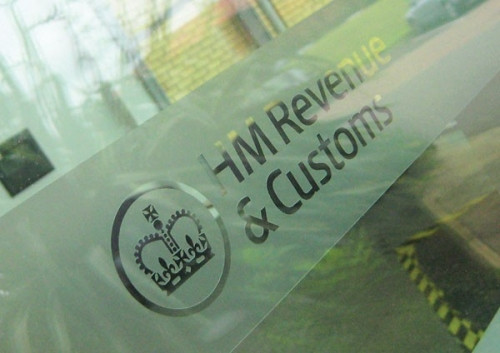HMRC: Error and fraud rates in tax credit system at all-time low

Instances of error and fraud in the tax credits system have been reduced to their lowest levels since introduction in 2003.
Statistics released by HM Revenue and Customs (HMRC) estimate that error and fraud dropped from £2.27bn (€3.09bn) in 2010-11 to £1.26bn in 2013-14.
The reductions have been attributed by HMRC to practical measures, such as monitoring changes to income in real time and improved detection of fraud.
Today's figures are another step in the right direction
The financial secretary to the Treasury, David Gauke, said of the reductions: "Tax credits play an important role in supporting working people – most of those who receive them are honest and rightly want to know that others cannot get away with incorrectly claiming them. Today's figures are another step in the right direction."
HMRC has revised down its figures down for 2012-13 by 1.7%, meaning that the tax authority has halved errors and fraud since 2008-09 and cut the cost to the taxpayer by £1 billion since 2010-11.
The Department for Work and Pensions prosecuted around 10,000 people for benefit fraud last year and since 2012 has handed out a total of 70,000 penalties and more than 150,000 fines for error.
HMRC said that reforms over the last five years have "improved analysis and a commitment to cross-government action and have laid the foundations for a step change in our ability to identify and prevent fraud and progressively reduce error and debt".
© Copyright IBTimes 2025. All rights reserved.




















